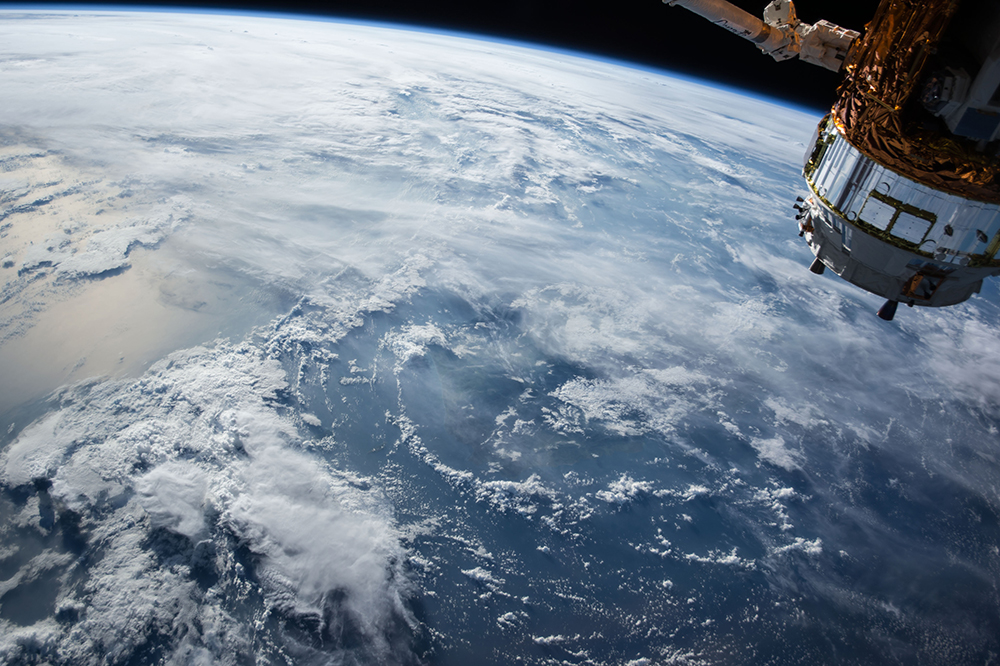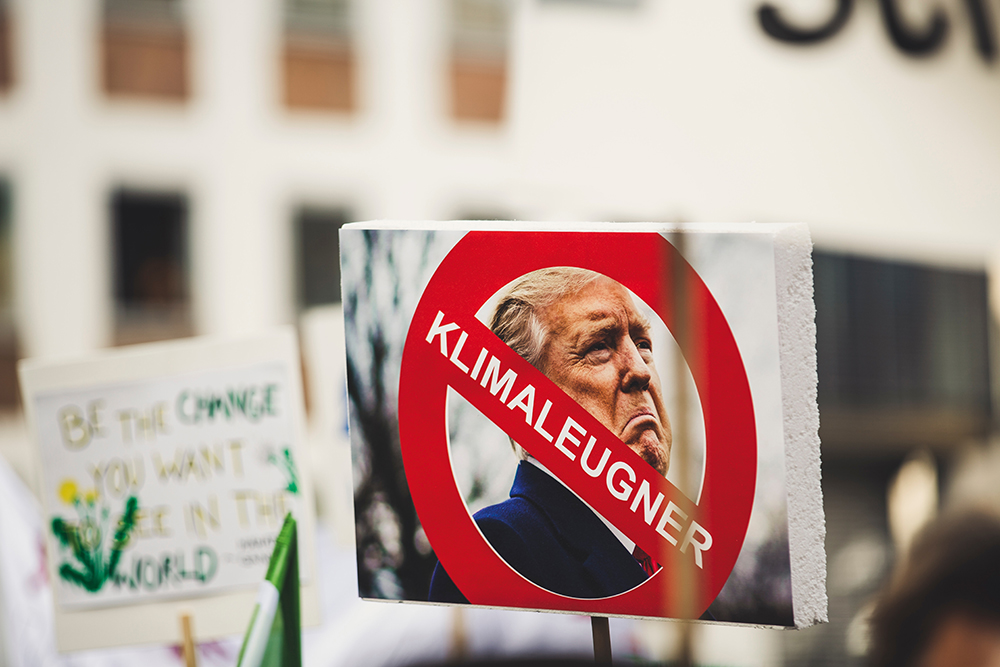Former Foreign Minister Julie Bishop has labelled the Coalition’s foreign aid cuts “regrettable,” warning they will undermine Australia’s influence in the region.
Key points:
- Australia’s aid budgets have plunged under Coalition governments since 2014
- Ms Bishop said the cuts were ‘regrettable’ in a time of heightened geopolitical competition
- COVID-19 has prompted Canberra to repurpose aid funds to Australia’s immediate region
The Abbott government cut foreign aid from around $5 billion in 2014 to just above $4 billion.
Since then the aid budget has largely flat-lined, with more money being funnelled to Pacific Island nations while several programs in other parts of the world have been abolished or pruned back.
Julie Bishop mounted internal battles to protect the aid budget including in 2014 when she confronted cabinet colleagues about leaked plans to cut aid to help fund military deployments in the Middle East.
Now she has written an op-ed for the consultancy Palladium arguing the cuts “sent mixed messages about Australia’s commitment as a partner” in the region.
“Many development partnerships are based on long-term goals of supporting communities to lift themselves out of poverty and certainty of funding over many years is crucial to success,” she wrote in the piece.
“The Australian Government took what I regard as regrettable decisions to cut the international development budget at a time of rapidly increasing competition for influence in South Pacific island nations in particular.”
Bishop supports UK’s aid and foreign office merger
Ms Bishop’s piece focused largely on the United Kingdom’s plan to merge its Foreign and Commonwealth Office with its aid agency, the Department for International Development.
The Abbott government merged Australia’s aid agency with the Department of Foreign Affairs and Trade in 2013.
Some former AusAID employees remain bitter about the merger, arguing that foreign aid expertise has been steadily diminished within DFAT.
But Ms Bishop said the move sharpened Australia’s foreign policy by allowing decision makers and diplomats to harness aid dollars in pursuit of key objectives.
“The merger enabled the government to make significant strategic investments in the national interests of recipient nations and our citizens,” she wrote.
“In this more hostile international environment it is critical that all arms of foreign policy are coordinating and working to achieve common goals.
“At times this may mean the urgent allocation of funds to development projects that support the national interest and international order.”
60 percent of Australians support COVID-19 foreign aid boost
COVID-19 has prompted Canberra to repurpose its aid funds to the Asia-Pacific.(AAP: Royal Australian Air Force)
The coronavirus pandemic is now radically reshaping Australia’s aid budget, with large amounts of money being repurposed to help countries in the region battle COVID-19.
Australia has also promised $80 million towards an international push to provide developing nations with an affordable COVID-19 vaccine, and observers expect the budget will include major commitments to help South-East Asia recover from the pandemic.
Australia’s aid cuts
World Vision claims Australia’s foreign aid budget has been cut for five years running. It is correct.
Read more
Aid groups have been pressing the Government to boost the aid budget rather than funding new initiatives by simply cutting money from existing programs.
Recent polling by YouGov showed around 60 per cent of Australians would support boosting aid to developing nations to help them fight coronavirus.
Labor says the cuts have undermined Australia’s strategic objectives, although it has not yet said how much it would boost aid should it win power.







